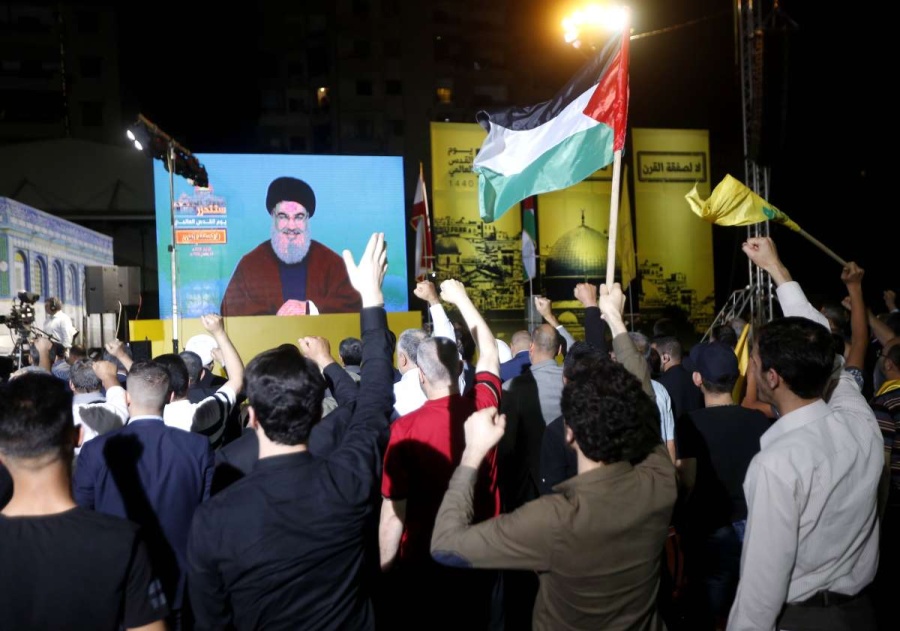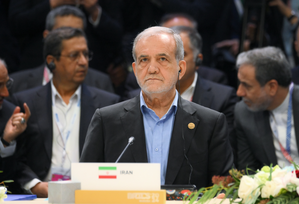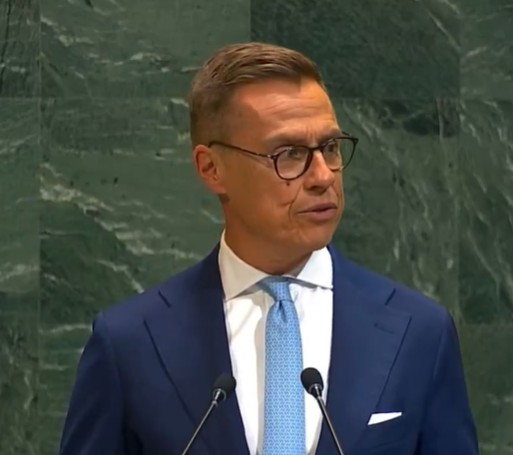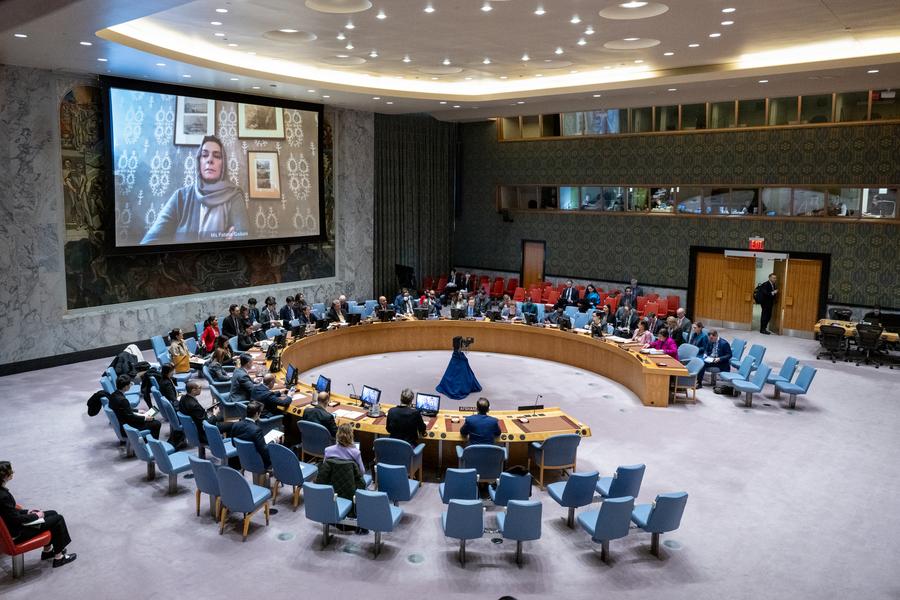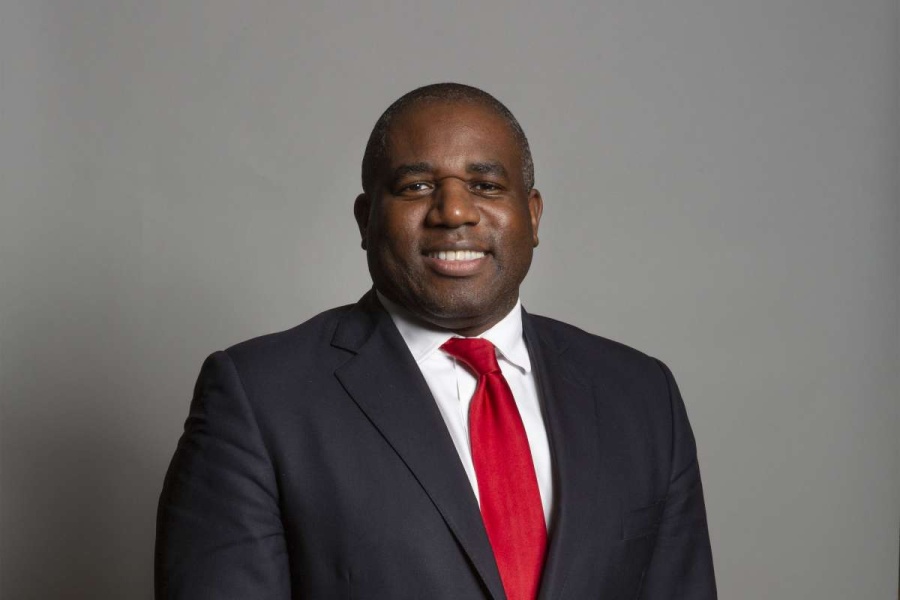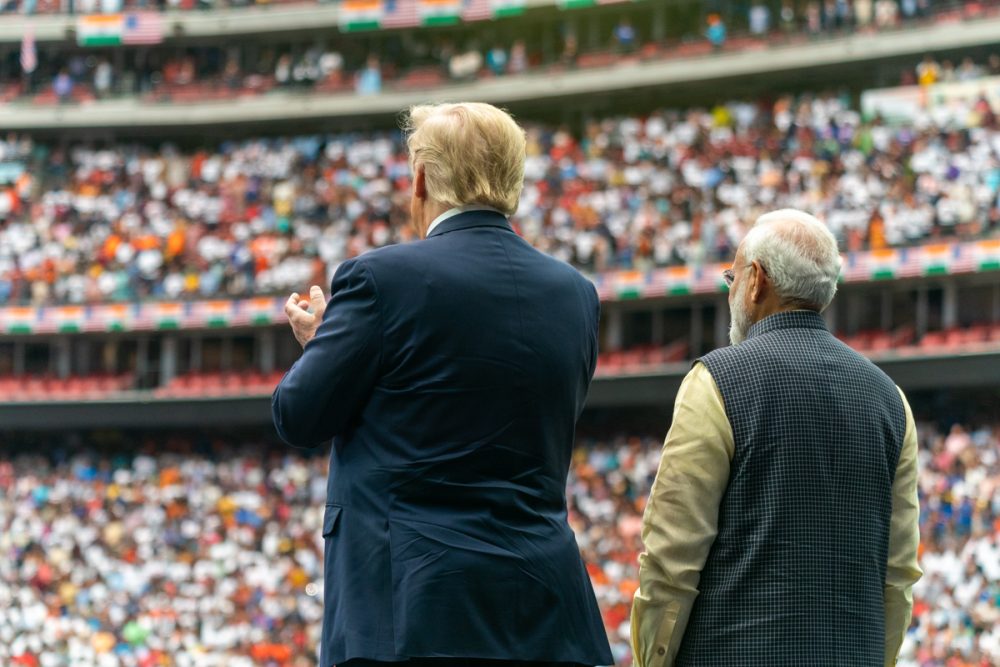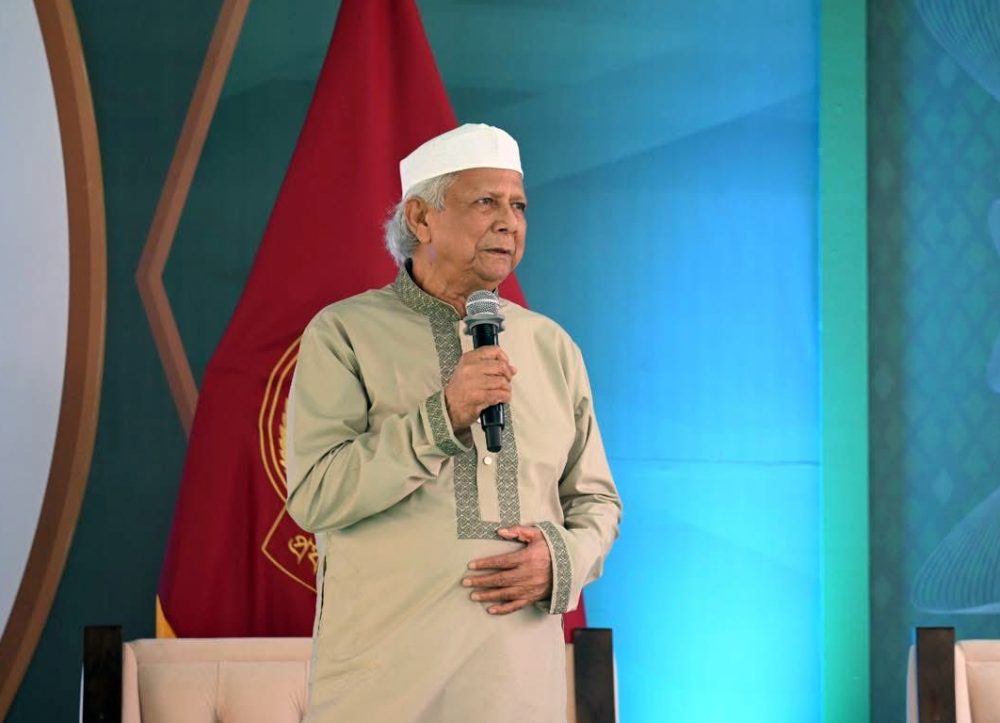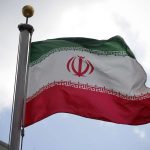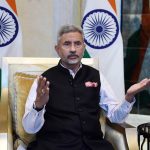In the letter, Iran’s UN envoy Iravani called on the Council to “take immediate and decisive action to stop Israel’s ongoing aggression and prevent… from dragging the region into full-scale war”…reports Asian Lite News
Iran on Saturday called for an emergency meeting of the UN Security Council in protest at the killing of Hezbollah chief Hassan Nasrallah in an Israeli air strike in Lebanon.
In the letter, Iran’s UN envoy Amir Saeid Iravani called on the Council to “take immediate and decisive action to stop Israel’s ongoing aggression and prevent… from dragging the region into full-scale war.”
Earlier, Nasrallah was killed following an Israeli attack on Beirut’s southern suburb on Friday evening, the organization had announced. Nasrallah, 64, led Hezbollah for nearly 30 years.
The Iranian Revolutionary Guard Corps said Abbas Nilforushan, deputy commander for its operations and for that of the Quds Force in Lebanon, also died in the strike.
Supporters of Hezbollah took to the streets where they had been displaced, expressing their deep sorrow over the killing. Heavy gunfire erupted in various neighborhoods and black flags were raised.
The Lebanese army took to the streets to prevent clashes between Nasrallah’s supporters and opponents, although several confrontations took place.
A statement from Hezbollah praised Nasrallah’s “leadership, wisdom, and support for Palestine,” emphasizing that the party would “continue its struggle in confronting the enemy, in support of Gaza and Palestine, and in defense of Lebanon and its steadfast and honorable people.”
Nasrallah’s supporters posted on social media calling for “unity to overcome this phase, even though the news was hard to believe.” Some speculated that Nasrallah’s death could be a turning point, even though the future was uncertain.
On Saturday, the Israeli military continued its pursuit of Hezbollah members and their supporters through intensive airstrikes and drone attacks. In Lebanon, 11 people died and 19 others — including doctors, nurses and paramedics — were injured in offensives targeting civil defense centers and Islamic Health Organization clinics in Taybeh and Deir Siriane.
Those who fled their homes on Friday night following Israeli threats endured a tumultuous night filled with relentless shelling and assaults that persisted into the early morning. The shocks continued with confirmation of Nasrallah’s death from the Israeli army, who used F15 warplanes in the attack. Some 85 bombs, each weighing one tonne, were deployed.
The Israeli army said the raids targeted “Hezbollah’s southern front commander Ali Karaki and several other leaders.” Daylight revealed the scale of the devastation inflicted upon residential buildings, many of which were reduced to rubble.
A drone strike on a van on the Zahle road in the Bekaa Valey left its passengers injured, while another killed the owner of a vehicle in Daher El-Baydar.
An airstrike on the old Sidon road hit a residential apartment, killing three and injuring four, and there was a further attack in the Galerie Samaan area. The targeted locations were key transit and supply routes for Hezbollah.
Iran Air suspended flights to Beirut following an incident in which the Israeli military breached the airport’s control tower. The Israeli army issued a warning against allowing an Iranian civilian aircraft to land, stating that failure to comply would result in the use of force.
Minister of Transport Ali Hamieh instructed the airport to ask the plane “not to enter Lebanese airspace.” The Israeli army said its air force targeted over 140 Hezbollah positions from late Friday into the early hours of Saturday.
The strikes affected not only the southern suburbs but also towns in the Bekaa Valley and areas in Mount Lebanon, including the outskirts of the Bhamdoun-Soufre road. Civil defense personnel were unable to extinguish the fire and one of its members was killed. Those who fled during the night took to the sidewalks in the Sanayeh area of Beirut. Mosques and churches opened their doors to provide shelter, while schools were converted into accommodation centers.
The scenario was repeated in Shebaa, where the Israelis demanded that residents evacuate the area before subjecting the town to intense shelling. It is believed this recent action is part of a broader effort to clear the border region of inhabitants ahead of a possible ground military operation.
The evacuations mitigated human losses to some extent. Meanwhile, casualties were reported due to airstrikes in northern and central Bekaa, where residents were not instructed to evacuate. The Ministry of Health requested hospitals inside and around southern Beirut to move the wounded and sick to other hospitals in order to receive possible casualties.
Hezbollah, meanwhile, continued its military assaults on the Israeli side. Media correspondents observed an uneasy calm along the front when Hezbollah announced Nasrallah’s death.
The militia launched an attack on several locations, including the settlements of Kabri, Sa’ar, Rosh Pina and Katzrin, the Ramat David military base and airport, the Sadah site, and a building in Ma’a lot, Western Galilee. Sirens were activated in Safed and various towns throughout Upper Galilee.
According to Israeli Channel 12: “Sixteen rockets were launched from Lebanon targeting the Galilee region. One of these rockets landed in Nazareth Illit, located in the city of Acre.” IDF spokesperson Daniel Hagari said: “We are on high alert around the clock. Difficult days are ahead of us, and this will take some time.”
He said: “Nasrallah, along with other leaders and the group’s command center, were legitimate military targets under international law. Nasrallah was one of Israel’s fiercest enemies, and Israel is not seeking broader escalation but aims to recover hostages and ensure our borders are secure.”
ALSO READ: Iran’s Khamenei Moved to Secure Location After Hezbollah Chief Killing


